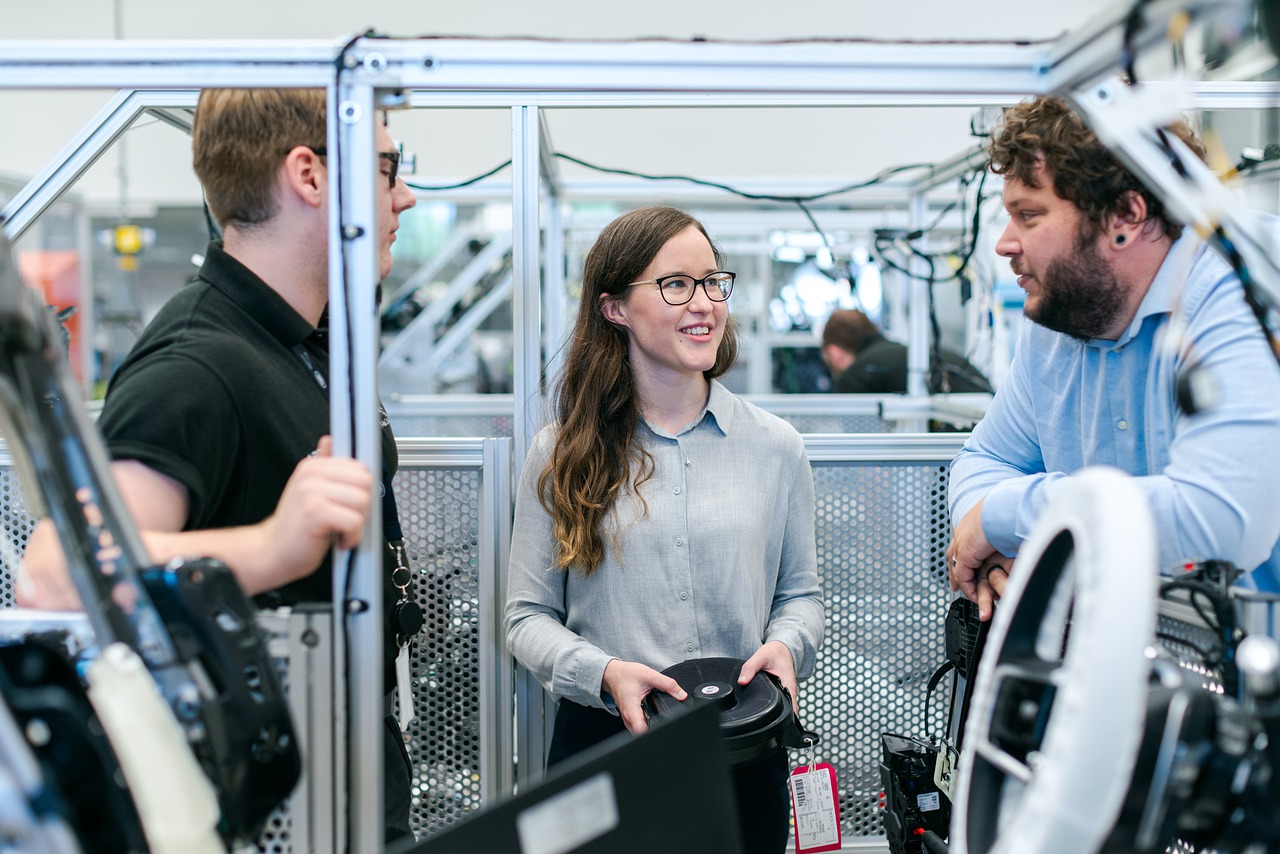
Automobile companies have been largely affected by the coronavirus pandemic, with car production this month forecast to be the lowest since World War II.
The coronavirus pandemic forced US automobile companies to take production to a near total halt, pushing car production to its lowest levels in decades. Auto producers also face a decline in car sales despite enticing offers.
Although auto dealers are offering interest-free seven-year loans and six months of no payments, new US car sales are projected to decline by over 50% in the second quarter.
John Murphy, auto analyst at Bank of America-Merrill Lynch, explained: "First and foremost, the shelter-in-place orders have created an environment where there are going to be very few sales going on in much of April, and into May."
"Consumer confidence has been so shell shocked, that any discretionary purchases will be delayed," Murphy added.
If the 50% car sales decline forecast materializes, it would represent the largest auto sales fall on record in over 40 years. The current record is the 38% sales decline in the first quarter of 2009, during the Great Recession, when General Motors and Chrysler were preparing for bankruptcy and possible closure.
For the past five years, US car sales have exceeded 17 million units, producing strong profits for the manufacturers. However, Murphy is expecting this year’s sales to plummet to 14.6 million and could be significantly lower depending on the duration of the stay-at-home orders.
Kristin Dziczek, vice president of research at the Michigan think tank Center for Automotive Research, said: "The automakers said they could break even with US sales as low as 10 million to 12 million. But those estimates depended on continued operations, which they don't have.”
"It's the stop and the restart that is going to suck capital. And if we have to do it more than once, that is going to be terrible," Dziczek pointed out.
Challenges faced by US automakers
Dziczek identified three of the biggest challenges faced by automobile companies to be able to recover from the effects of the virus.
First, suppliers need to be able to survive the shutdowns which were initiated in mid-March and be able to restart their operations and ship the necessary parts. She said: "Right now they're being paid for work they did 30 to 60 days ago. If we go beyond 60 days those suppliers could be in a real crunch."
Second, automakers need to come up with a process to reopen and operate auto assembly plants where employees will be able to stay a safe distance from each other while working.
Dziczek asked: "How do you bring back 1,500 workers per shift to work on assembly lines designed for them to work together when there is no vaccine?"
Jeff Schuster, president of global vehicle forecasts for auto research firm LMC, argued: "There's no question there will have be changes, with the way plants operate, but it'll be risky. You've got a large number of people in one place."
Lastly, automobile manufacturers need to spark consumer demand at a time when millions of US citizens have lost their jobs temporarily or permanently.
Murphy said: "Even as we crawl out of this, the consumer will stay reasonably conservative in their purchases. The consumer shock will linger until a few years out."






